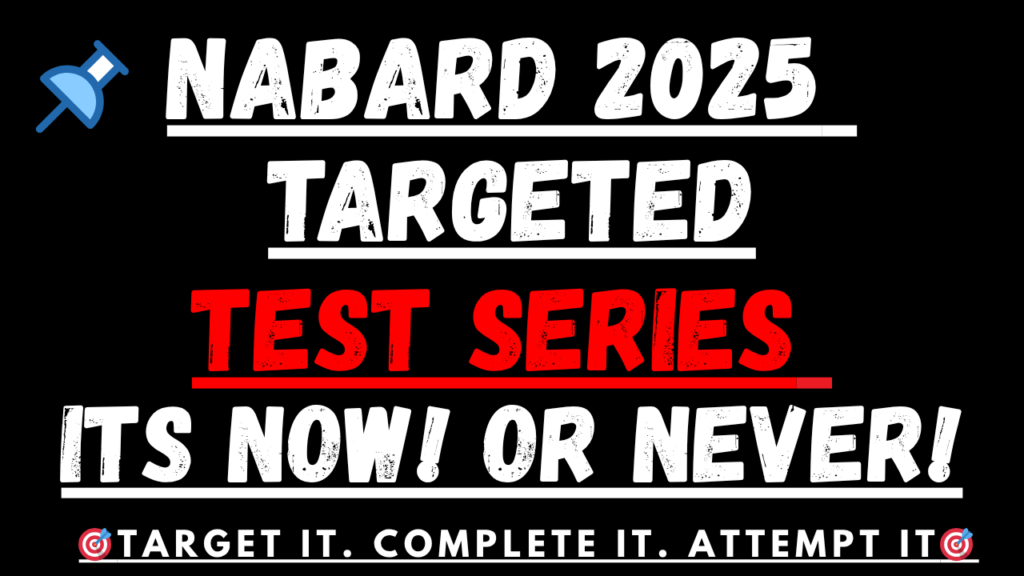Context:
A joint report by the Institute for Energy Economics and Financial Analysis (IEEFA) and JMK Research & Analytics has highlighted the slow implementation of the PM Surya Ghar Muft Bijli Yojana (PMSGY) despite a surge in applications and government incentives.
Key Highlights:
Scheme Overview
- The PM Surya Ghar Muft Bijli Yojana (PMSGY) is a Central Government initiative launched to promote rooftop solar installations in residential households across India.
- The scheme aims to achieve 1 crore rooftop solar connections by FY2027, providing capital subsidies and low-cost loans to households.
- Only solar modules made in India (known as DCR-compliant modules) are eligible for subsidy support under the scheme.
Implementation Challenges
- Delayed approvals: Processing time between 45–120 days, mainly due to:
- Shortage of net meters.
- Poor coordination among consumers, installers, and DISCOMs.
- Utility-level procedural inefficiencies.
- High cost of DCR-compliant modules:
- Indian-made modules cost ₹12/watt more than imported ones, making large installations less economically attractive.
- State-level target gaps:
- Lack of clear and time-bound rooftop solar targets for individual States has hindered cohesive planning.



















